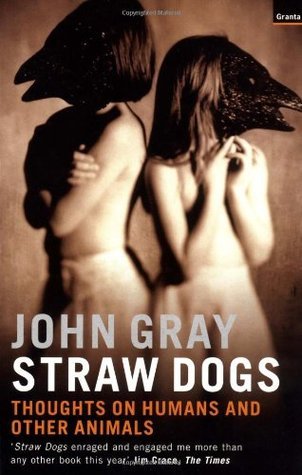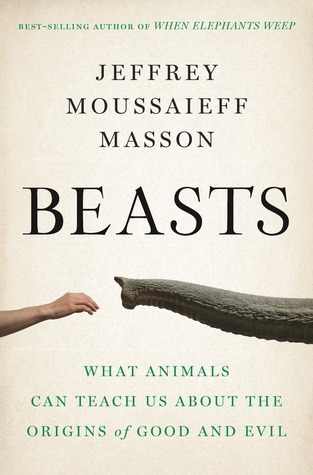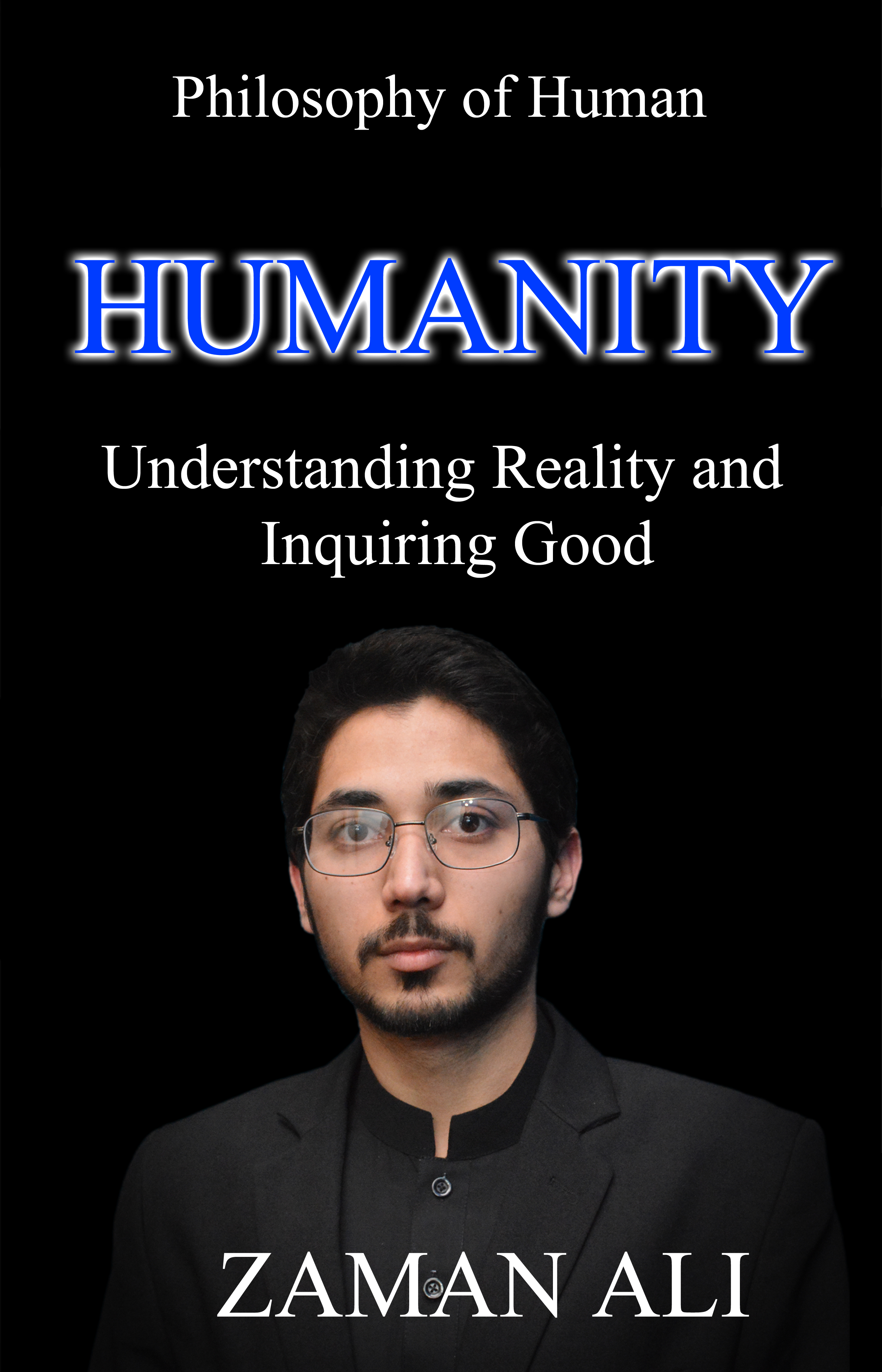
Straw Dogs: Thoughts on Humans and Other Animals
Book Description
What if everything you believe about humanity's place in the world is wrong? In "Straw Dogs: Thoughts on Humans and Other Animals," John Gray dismantles the illusion of human supremacy, challenging long-held beliefs about progress, identity, and morality. With razor-sharp insight, he explores the struggles and instincts we share with the animal kingdom, exposing the dark undercurrents of civilization that intertwine life and mortality. Rich with provocative ideas and unflinching honesty, this work confronts the very essence of what it means to be human. Are we truly masters of our fate, or mere players in a grand, indifferent theatre of existence?
Quick Book Summary
"Straw Dogs: Thoughts on Humans and Other Animals" is a provocative philosophical work by John Gray that dismantles the myth of human exceptionalism. Gray challenges the Enlightenment notion that humanity is defined by progress, rationality, and moral superiority, arguing instead that humans are simply another species, governed by instinct and as prone to delusion and mortality as any animal. Intertwining philosophical reflection with scientific observation, Gray explores the limitations of human knowledge, the illusory nature of free will, and the fallacies of human-centered ideologies. The book questions the meaning and purpose attached to human life, exposing the fragility of human-made systems and beliefs. Gray's unflinching analysis compels readers to confront the uncomfortable possibility that the universe is indifferent to human aspiration and suffering, prompting a reexamination of what it means to live authentically in a world devoid of inherent meaning.
Summary of Key Ideas
Table of Contents
The Illusion of Human Progress
Gray begins by dismantling the ubiquitous belief in human progress. He critiques the commonly held assumption that humanity, through reason, science, and technology, is advancing toward a brighter, more enlightened future. Drawing parallels with the fate of ancient civilizations, Gray highlights how historical cycles of collapse and resurgence refute the narrative of linear improvement. Instead, he suggests that technological and scientific advances often simply modify the contexts of age-old human dilemmas, rather than fundamentally solving them.
Humanism and Its Limits
A central focus of the book is the critique of humanism—the idea that humans occupy a privileged and central place in the universe. Gray exposes how modern secular ideologies, including liberalism and science, often replicate the religious conviction in human importance. He asserts that humanism is itself a form of faith, substituting belief in God with belief in mankind. Gray contends that expectations of rational, ethical progress are misguided, and that attempts to imbue human life with cosmic significance reflect a refusal to accept our true animal nature.
Instinct, Nature, and Animality
Gray draws upon biology, psychology, and evolutionary theory to underscore that humans share fundamental instincts, desires, and vulnerabilities with other animals. He challenges the anthropocentric worldview, arguing that our consciousness and self-awareness do not exempt us from natural laws or mortality. By observing animal behavior and comparing it with human tendencies, Gray reveals how much of human activity—such as violence, social structures, and rituals—mirrors the animal world, undermining cherished notions of civilization’s superiority.
The Fallacy of Free Will and Moral Superiority
A major theme in "Straw Dogs" involves deconstructing the notion of free will and the associated belief in moral superiority. Gray posits that much of human behavior is governed by unconscious drives and evolutionary conditioning, leaving little room for genuine freedom or accountability. Moral codes, he suggests, are largely adaptive tools or illusions, shaped by environment and biology, rather than expressions of objective truth. This view challenges both religious and secular moral systems, forcing a reevaluation of responsibility and ethics.
Civilization and the Indifference of the Universe
Ultimately, Gray explores the implications of a universe indifferent to human hopes and suffering. Civilization, with its culture, value systems, and sense of purpose, is exposed as a thin veneer over deep existential uncertainty. Rather than despair, Gray suggests acceptance: embracing the futility of quests for ultimate meaning and recognizing our kinship with all living things. In doing so, he calls for a humility that relinquishes delusions of grandeur and invites a more honest, less presumptive way of engaging with life and the natural world.
Download This Summary
Get a free PDF of this summary instantly — no email required.





